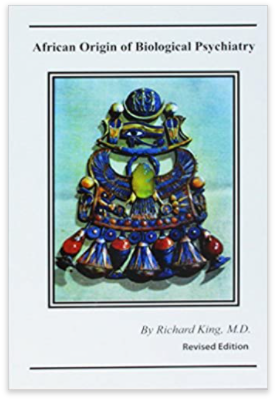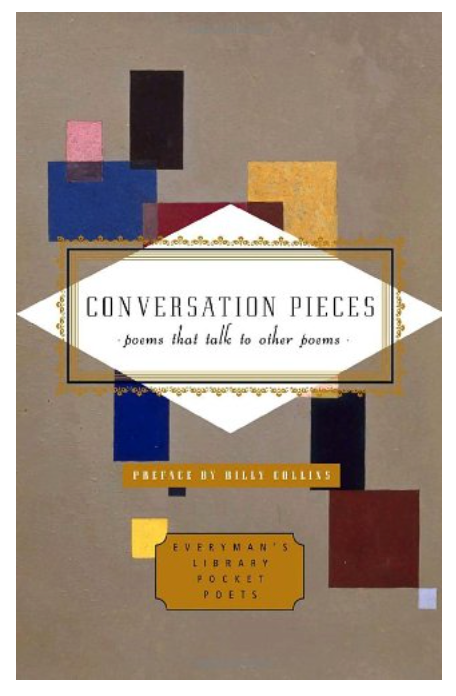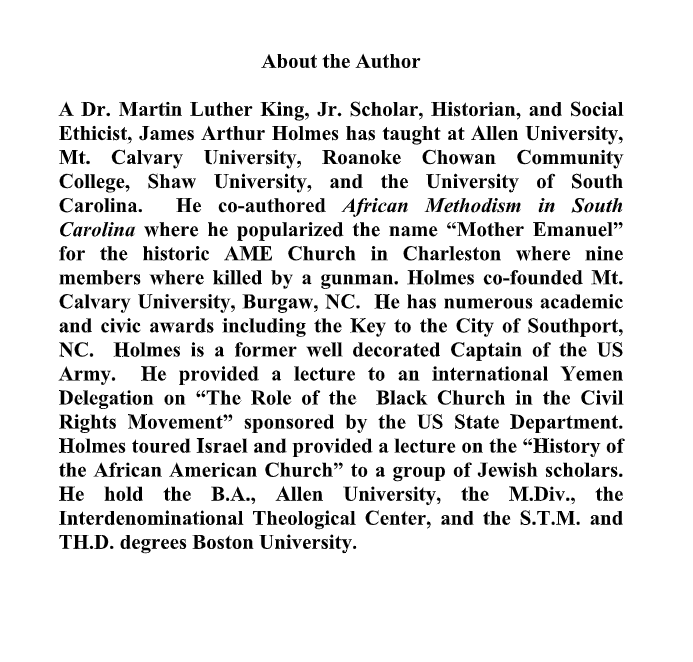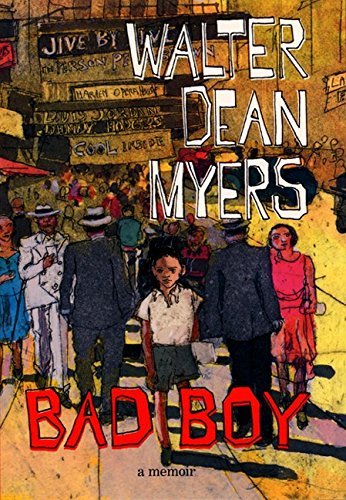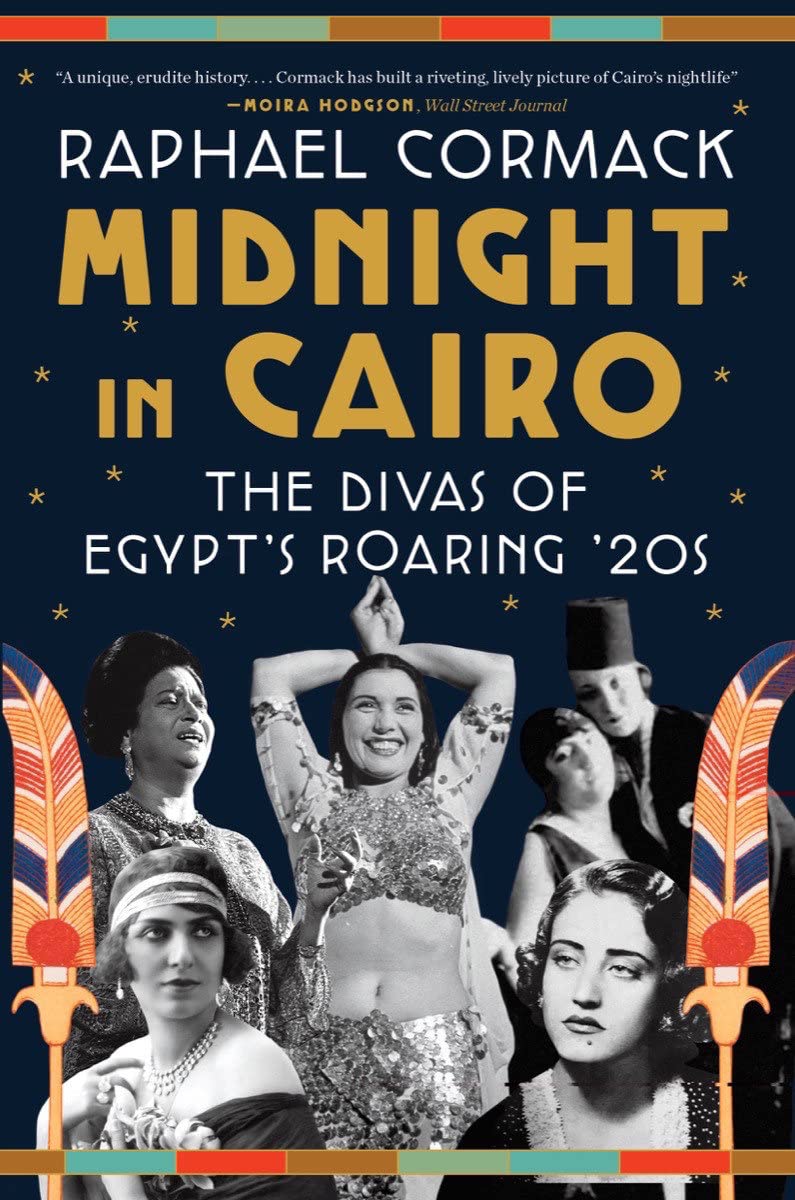*Discusses Little Bighorn in detail and explains the controversies and mysteries still surrounding Custer's Last Stand.
*Includes pictures of Custer and important people, places, and events in his life.
*Includes a Bibliography for further reading.
*Includes a Table of Contents
Since the Battle of Little Bighorn, George Armstrong Custer (1839-1876) has possessed one of the most unique places in American history. Although he was a capable cavalry officer who served honorably during the Civil War, he remains one of the most instantly identifiable and famous military men in American history due to the fact he was killed during one of the country’s most well known and ignominious defeats, the Battle of Little Bighorn. And yet, this one relatively insignificant battle during America’s Indian Wars has become one of the country’s most mythologized events and continues to fascinate Americans nearly 140 years later.
Though he’s now best remembered for “Custer’s Last Stand”, George Armstrong Custer began June 25, 1876 as one of America’s better regarded cavalry officers, and a man whose ambitions might one day take him to higher office. In fact, decades before radio and television existed, Custer mastered the art of public relations, dressing impeccably and having newspaper correspondents accompany him on campaign, all in an effort to help cultivate and enhance his legacy. Custer’s efforts worked, with one biographer noting that Americans during the 19th century viewed him as “a cavalier without fear and beyond reproach."
*Includes pictures of Custer and important people, places, and events in his life.
*Includes a Bibliography for further reading.
*Includes a Table of Contents
Since the Battle of Little Bighorn, George Armstrong Custer (1839-1876) has possessed one of the most unique places in American history. Although he was a capable cavalry officer who served honorably during the Civil War, he remains one of the most instantly identifiable and famous military men in American history due to the fact he was killed during one of the country’s most well known and ignominious defeats, the Battle of Little Bighorn. And yet, this one relatively insignificant battle during America’s Indian Wars has become one of the country’s most mythologized events and continues to fascinate Americans nearly 140 years later.
Though he’s now best remembered for “Custer’s Last Stand”, George Armstrong Custer began June 25, 1876 as one of America’s better regarded cavalry officers, and a man whose ambitions might one day take him to higher office. In fact, decades before radio and television existed, Custer mastered the art of public relations, dressing impeccably and having newspaper correspondents accompany him on campaign, all in an effort to help cultivate and enhance his legacy. Custer’s efforts worked, with one biographer noting that Americans during the 19th century viewed him as “a cavalier without fear and beyond reproach."








